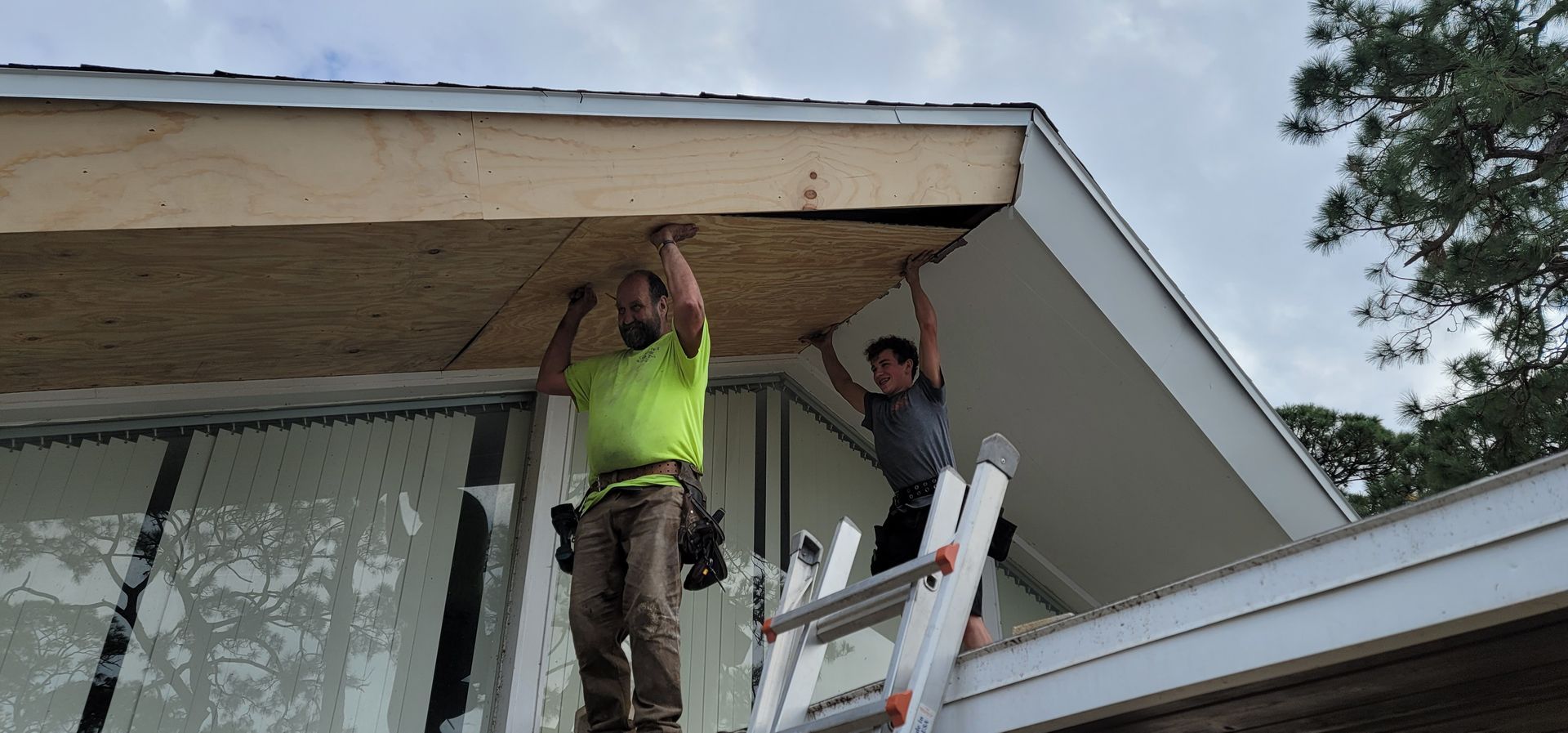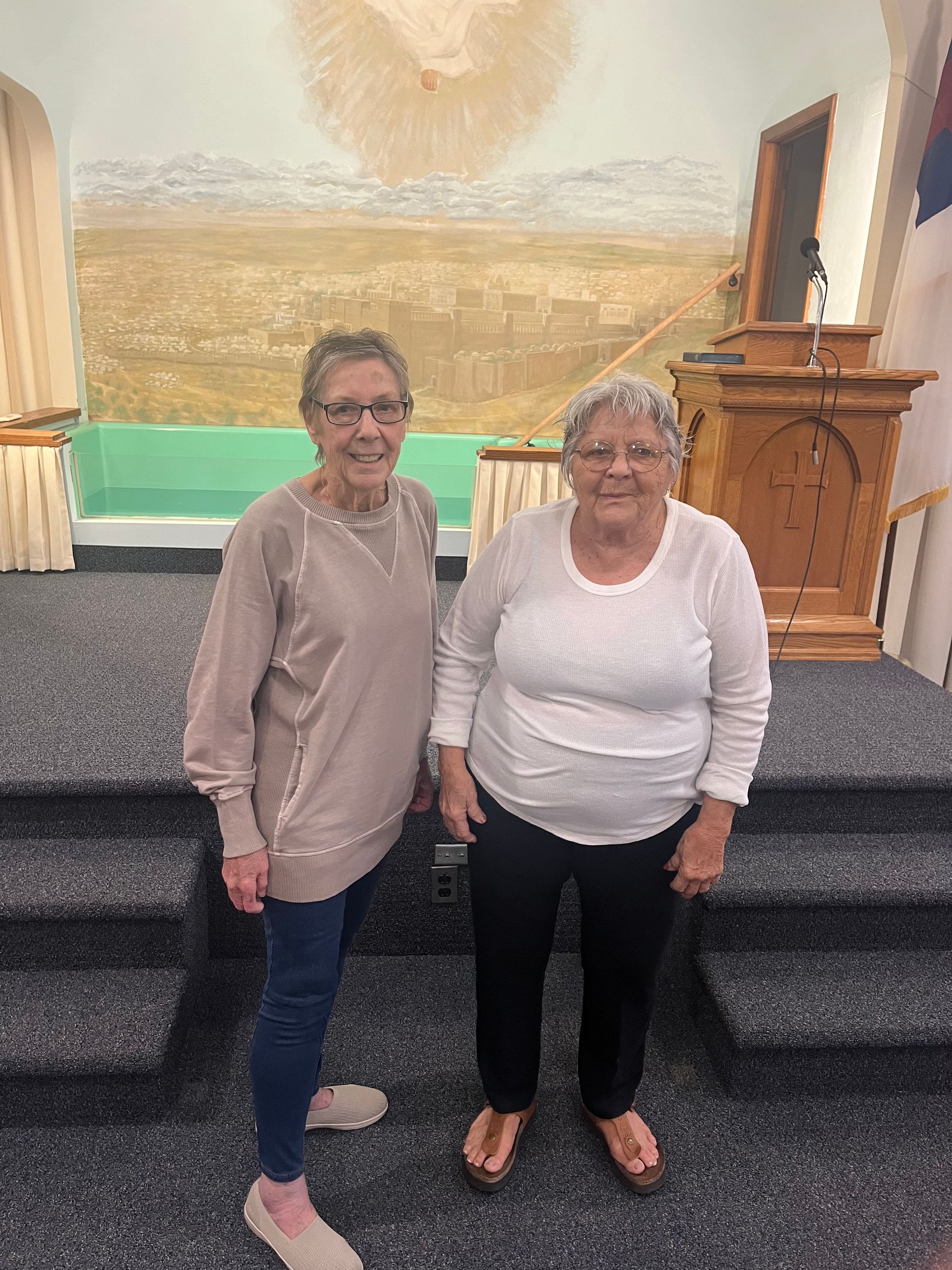Hiroshima Anniversary
August 6 marks the seventy-fifth anniversary of the bombing of Hiroshima. On this day the “Enola Gay” destroyed a city. We still wonder how something this horrible could happen.
Over the last seventy-five years the debate over the bomb has been fierce. Japan was ready to surrender, and the United States knew it. Maybe the bomb was unnecessary? Looming over the Hiroshima decision was the Soviet Union. Perhaps the U.S. dropped the bomb to end the war before the troublesome Soviets could enter? Or, perhaps the bomb was intended to impress the Soviets with U.S. power in the postwar world. Or, perhaps the U.S. demand for unconditional surrender was unnecessary? The debate rages.
Trying to figure out what started the tragic mess that culminated at Hiroshima is similarly difficult. Yes, the generation of Japanese who fought the Pacific War were aggressive, militaristic, and fascist. They crossed international boundaries as if they were chalk lines drawn by children on the pavement. They threatened American values and world order.
Yet, the western democracies contributed much to the long-term causes of the conflagration in the Pacific. The Japanese claimed that their policies merely responded to exploitative Western Imperialism. The British, for example, fought two aggressive Opium Wars to preserve the ability to import massive amounts of the drug into China, truly one of the low points of Western civilization. Western imperialists disrespected international boundaries as much as Japanese imperialists did. If early twentieth-century Japan appears aggressive, so does Western imperialism.
Perhaps, then, the lesson for Brethren on this sad seventy-fifth anniversary is that the world is a complicated, often dark place and to be wary of it. Just as early nineteenth-century Brethren supported abolition but avoided entanglement in the politics of slavery, so contemporary Brethren might stand aloof from the complications of the world and simply call for peace and justice. (It might also be argued that antebellum Brethren abstinence from the ballot box prevented them from voting their conscience on their generation’s greatest issue.)
Rather than trying to assign blame for the disaster of the Pacific War, Brethren might focus on making the present and future world better. Studying the past has its place, and hopefully the lessons learned will improve the present. But that’s a little different from assigning blame, and instead of attempting to discern whether the Opium Wars, the Rape of Nanking, or Hiroshima was the worst crime against humanity, peacemakers might focus on making the current world better.
Let me suggest three tangible ways for Brethren to work for peace now.
Understand all sides.
We don’t have to agree with our opposition, but it helps to articulate its position accurately. I certainly do not approve of ISIS, but I can more effectively respond to it, especially non-violently, if I know what makes it tick. If more people understood the viewpoint of their opponents, the world would be a safer place.
Support soft power.
This is the use of non-violent resources, from economic aid to values, to advance interests. In includes schools, hospitals, and emergency relief. Critics charge that soft power often exports culture that often overpowers indigenous ways. Perhaps, but poverty destabilizes, and if more global citizens had adequate health care and the ability to enjoy a Big Mac, the world would be a safer place.
Support international charities.
One of the most striking presentations I’ve heard in the last few years occurred at the Sixth Brethren World Assembly at Lake Winona, Indiana. A Grace Brethren missionary explained his efforts to help villages in the Central African Republic acquire well-water, a tremendous calling in a landlocked, hopelessly impoverished nation. If more people thought like this, the world would be a safer place.
True, Brethren cannot alter the arc of history all by themselves. Our influence is limited, but the call is to keep our corner of the world clean. On Hiroshima Day, let us resolve to work for peace.
Steve Longenecker is the Edwin L. Turner Distinguished Professor of History at Bridgewater College










